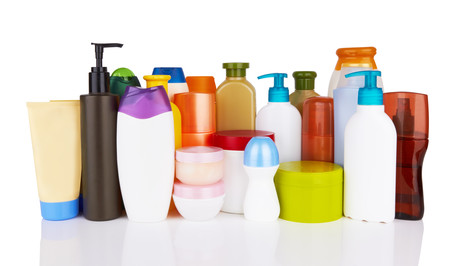Toothpaste, handwash linked to antibiotic resistance

Triclosan, commonly used in toothpaste and handwash, could be contributing to antibiotic resistance, according to University of Queensland research.
A study led by Dr Jianhua Guo from UQ’s Advanced Water Management Centre focused on triclosan, a compound used in more than 2000 personal care products.
Dr Guo said while it was well known the overuse and misuse of antibiotics could create ‘superbugs’, researchers were unaware that other chemicals could also induce antibiotic resistance until now.
“Wastewater from residential areas has similar or even higher levels of antibiotic-resistant bacteria and antibiotic resistance genes compared to hospitals, where you would expect greater antibiotic concentrations,” he said.
“We then wondered whether non-antibiotic, antimicrobial (NAAM) chemicals such as triclosan can directly induce antibiotic resistance,.
“These chemicals are used in much larger quantities at an everyday level, so you end up with high residual levels in the wider environment, which can induce multidrug resistance.
“This discovery provides strong evidence that the triclosan found in personal care products that we use daily is accelerating the spread of antibiotic resistance.”
Advanced Water Management Centre Director Professor Zhiguo Yuan said the discovery should be a wake-up call to re-evaluate the potential impact of such chemicals.
“While the US Food and Drug Administration (FDA) has banned the use of triclosan in antibacterial soap, the previous lack of unequivocal evidence prevented such a policy being adopted in other countries,” Professor Yuan said.
Antimicrobial resistance has become a major threat to public health globally, with approximately 700,000 people a year dying from antimicrobial-resistant infections.
The Review on Antimicrobial Resistance report predicted this will reach 10 million deaths a year by 2050 if no action is taken now.
The study has been published in Environment International.
AdPha welcomes "win for all Australians" PBS news
Advanced Pharmacy Australia has welcomed the announcement that over 400,000 Australians each week...
NSW sees ramping reductions across some of its busiest EDs
Some of NSW's busiest emergency departments have seen significant reductions in hospital...
RACGP calls for obesity-management medication PBS subsidy
Following its new position statement on obesity prevention and management, the RACGP is calling...









